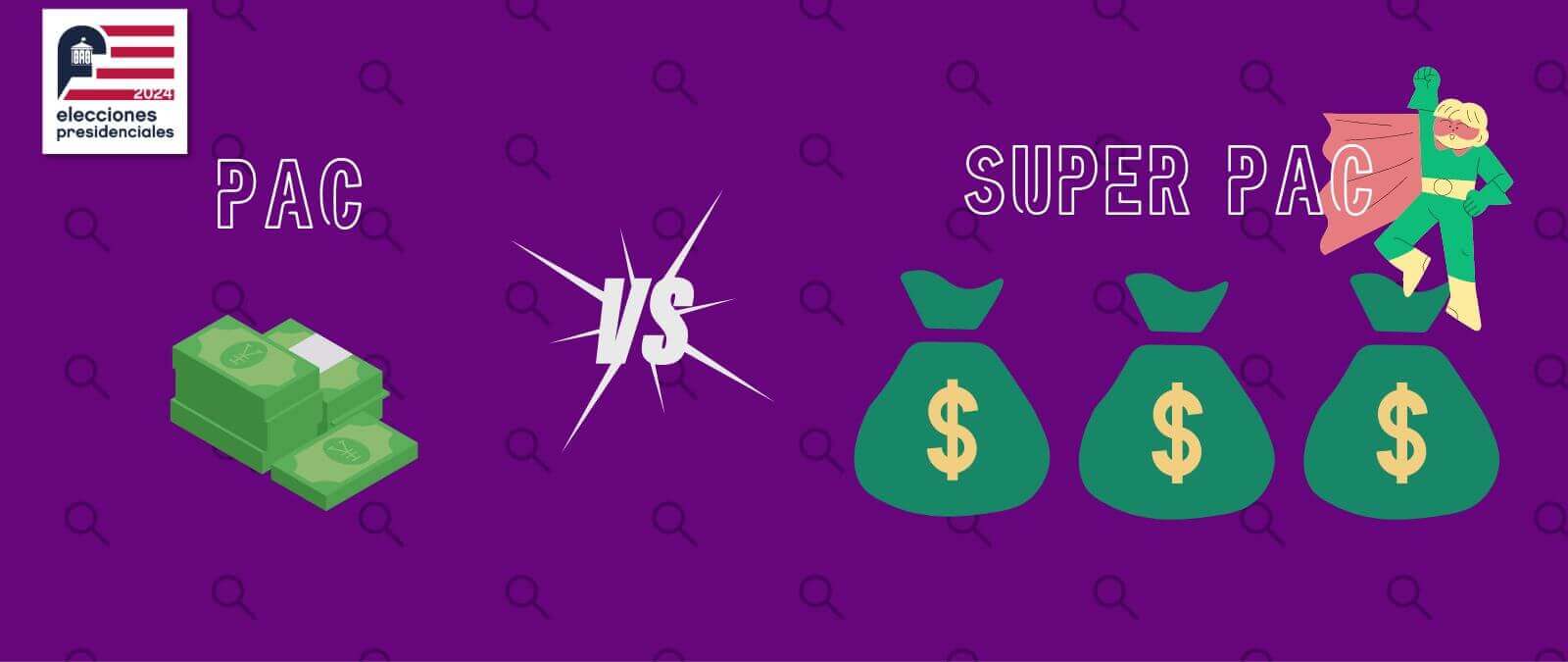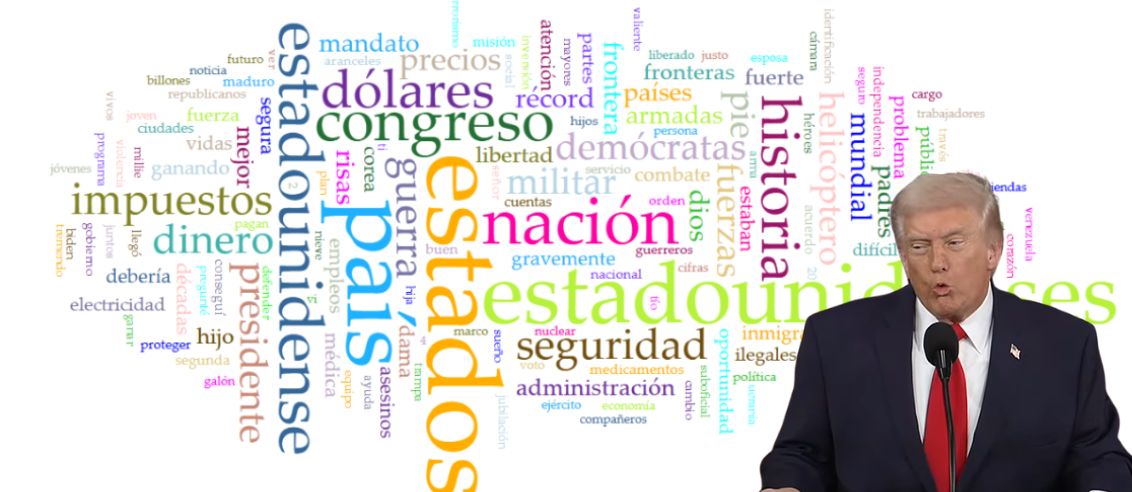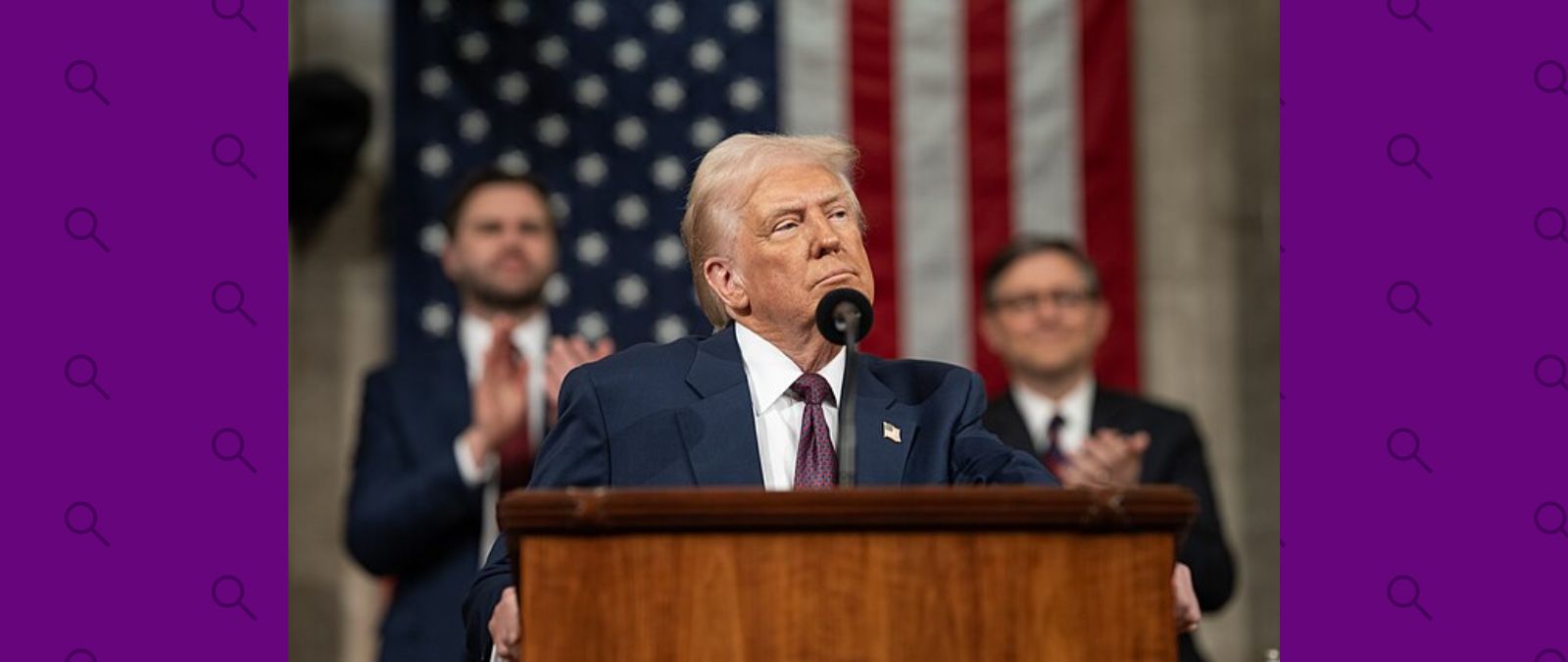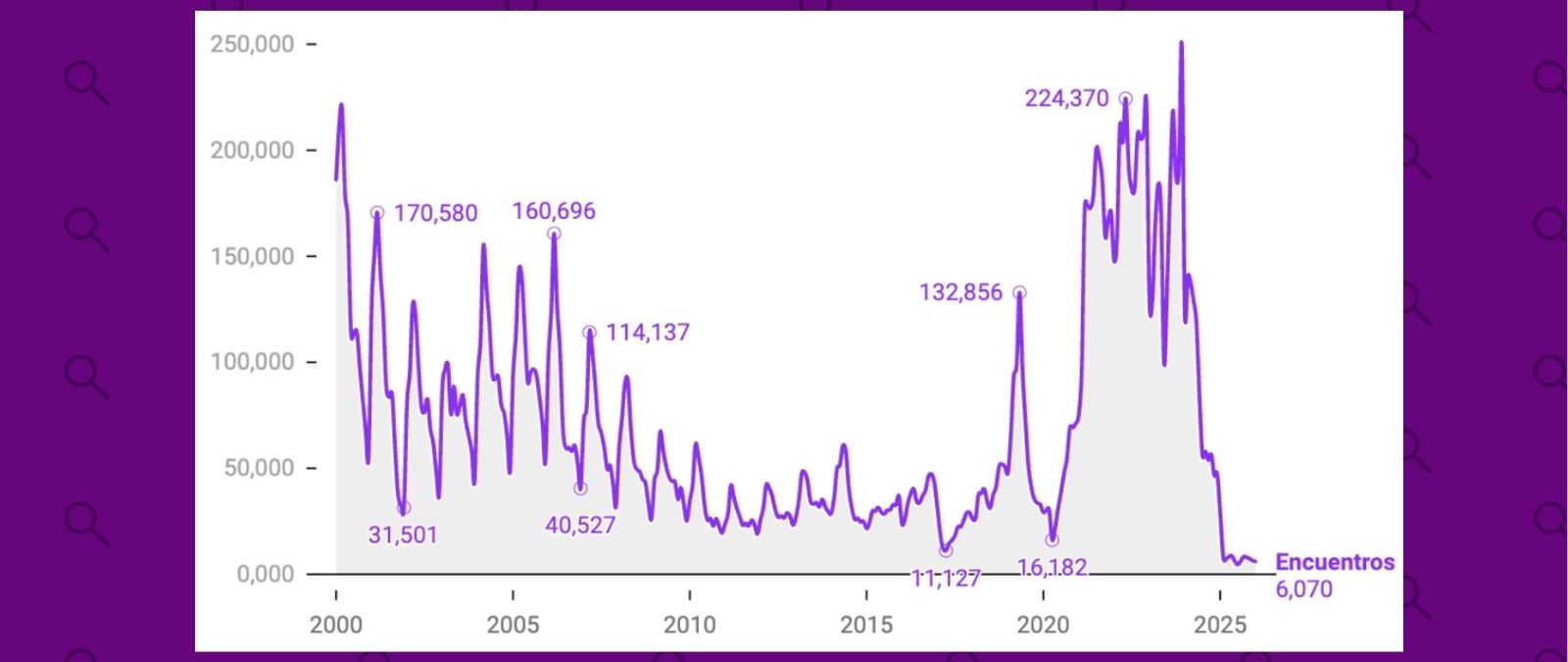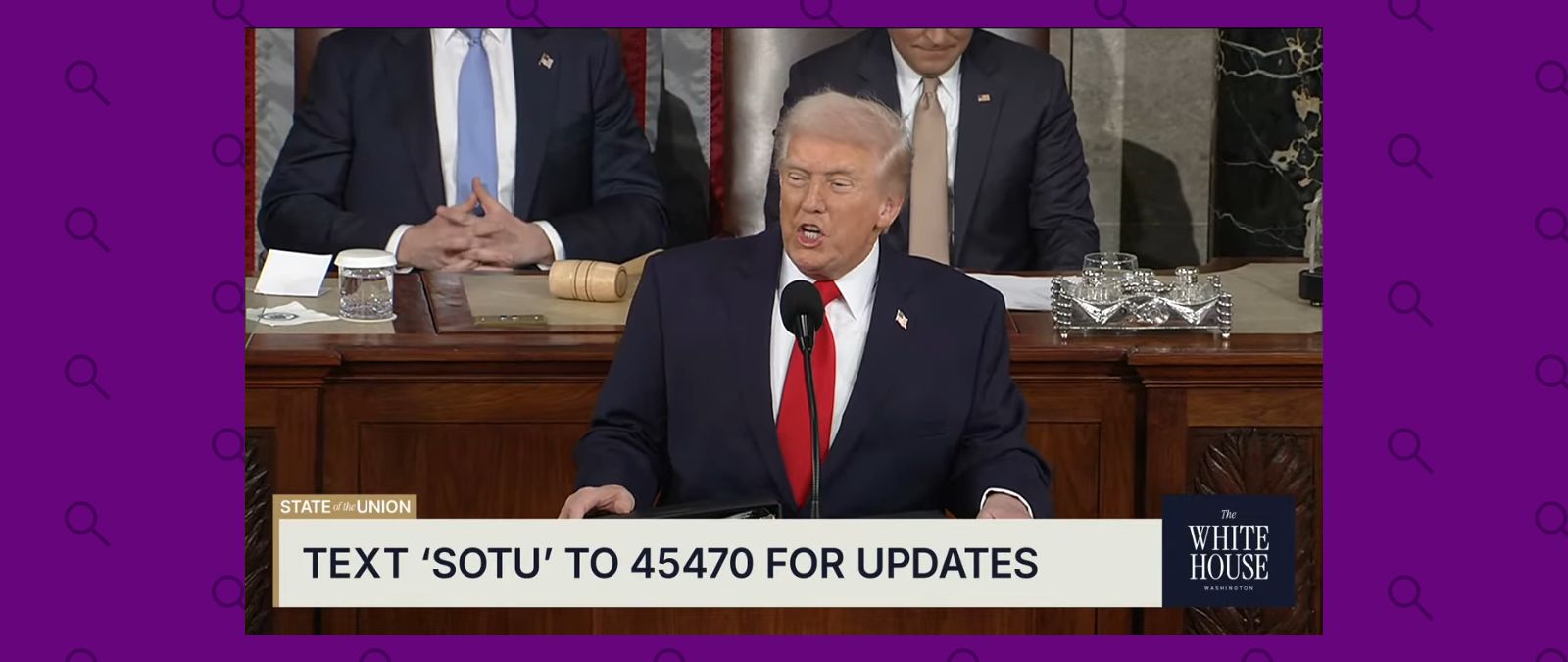Political Action Committees (PACs) and Super Political Action Committees (Super PACs) are tax-exempt organizations that raise money from willing contributions. They invest the money they raise to favor the election or defeat of a candidate, or to influence the approval or rejection of electoral initiatives or legislation. During political campaigns, we see advertisements or propaganda (on TV, radio, signs on the street, social media, etc) associated with a PAC or a Super PAC. However, PACs and Super PACs don’t belong formally to campaign teams for specific candidates.
Any American citizen can donate up to $3,300 to a political candidate each election, but PACs and Super PACs can spend millions to support a candidate. The main difference between PACs and Super PACs is how they raise and invest money.
Lee esta historia en español haciendo clic aquí.
As established by the Federal Election Commission (FEC), PACs can’t take over $5,000 from anyone, and they can only take money from citizens and certain political committees. Super PACs, on the other hand, can take limitless money from citizens, companies, unions and almost any kind of American organization.
When it comes to investing, the FEC establishes that PACs are not allowed to donate over $5,000 to a candidate’s campaign each election. Super PACs, however, are allowed to donate as much as they want, as long as they do it independently, meaning without arranging anything with a candidate, their campaign team, or someone from the party.
PACs have a limit to raise and invest money in elections
There are different kinds of PACs. The most popular are the ones the Federal Law calls separate segregated funds or SSFs, which, traditionally, are created to influence elections by companies, unions and other organizations who have affiliates. How does this work? These PACs can’t take money directly from those organizations, but what they can do is ask their affiliates up to $5,000 a year. There are also other PACs that aren't related to any organizations (called nonconnected PACs) and can ask for that same amount to any person.
Important: only U.S. citizens and people with Green Cards can make political donations in the United States, as established by the FEC.
What all PACs have in common is that they can only accept money from citizens and from a very specific type of organization, like other political committees. For example, they can't take direct donations from companies or unions, not even from the company or union who created that PAC. Additionally, they can only donate $10,000 to a candidate and $15,000 to a party committee each electoral cycle. What they can do, however, is spend all they want in spreading messages, though they can get in serious trouble if there’s proof they have communicated with a candidate or their campaign team.
Super PACs can raise and spend all they want, but they can’t give money to candidates or organize anything with them
The difference between PACs and Super PACs is fundamentally that the former is limited by strict rules regarding how much money they can raise and how they can spend it, while the latter can raise and spend as much money as they want: the only rules for them are that they can’t communicate with a candidate to plan a strategy and they also can’t directly donate money to a campaign.
These past years, the role of Super PACs close to a candidate (though they are theoretically independent) has been more and more important. For example, Never back down is a Super PAC that supported Florida’s Republican Governor, Ron DeSantis, during his campaign, and donated 160 million dollars to favor the results. Then there’s Priorities, a Super PAC supportive of President Biden re-election - they have already donated over 138 million dollars to favor him in presidential elections.
While PACs have existed since the 1940s, Super PACs came up in 2010 as a result of the Supreme Court sentence Citizens United v. Federal Election Commission. Then, with a majority of 5 against 4, the Supreme Court decided that limiting the amount of money a company or group could spend to influence elections was against their freedom of speech (the First Amendment of the Constitution), if it was done independently from candidates’ campaigns and without strategizing. In fact, even though they are known as Super PACs, their legal denomination is Independent Expenditure Only Committee.
As a result of this sentence and another one that came after it, the FEC established publicly that political committees could raise limitless money from citizens and American organizations as long as the money was spent independently. In fact, to this day they even admit the existence of hybrid committees, which are both PACs and Super PACs at the same time, as long as they have separate accounts - one for independent donations and one for direct donations to candidates or party committees.
Since, legally, Super PACs can only spend money independently, they are not allowed to donate money to candidates or parties. However, according to the Brennan Center for Justice, an institutional ally of Factchequeado, the rules established to avoid strategizing between candidates and Super PACs have been proven inefficient. For example, it is said that many politicians wait to officially announce they are running for public office so that they can legally strategize with a Super PAC for more time. Although legally they should not be related, there are lots of people close to candidates who run Super PACs.
Both PACs and Super PACs are obliged to transparency
All PACs and Super PACs who want to participate in any federal elections (for president, senators, representatives, etc.) must register to the Federal Election Commission. The lists of PACs and Super PACs are public, just like their accounts and treasurer’s names. It can also be consulted who their donors are and how these committees spend their money.
Besides the already mentioned types of PACs, Super PACs and hybrid committees, there are other more specific types of candidate committees and political committees that also must be registered in the FEC to participate. These generally have the same limits for raising and donating than any PAC does. One of the most popular are Leadership PACs, in which a candidate or someone in public office creates a fund-raiser committee generally to donate money to other candidates within their party. This, for example, allows someone in Congress to ask the maximum amount for donation to use in their campaign, and also a different donation for the same amount to use in their leadership committee.
Factchequeado is a verification media outlet built by a Spanish-speaking community to tackle disinformation in the United States. Do you want to be part of it? Join us and verify the content you receive by sending it to our WhatsApp +16468736087 or to factchequeado.com/whatsapp.
See also:


